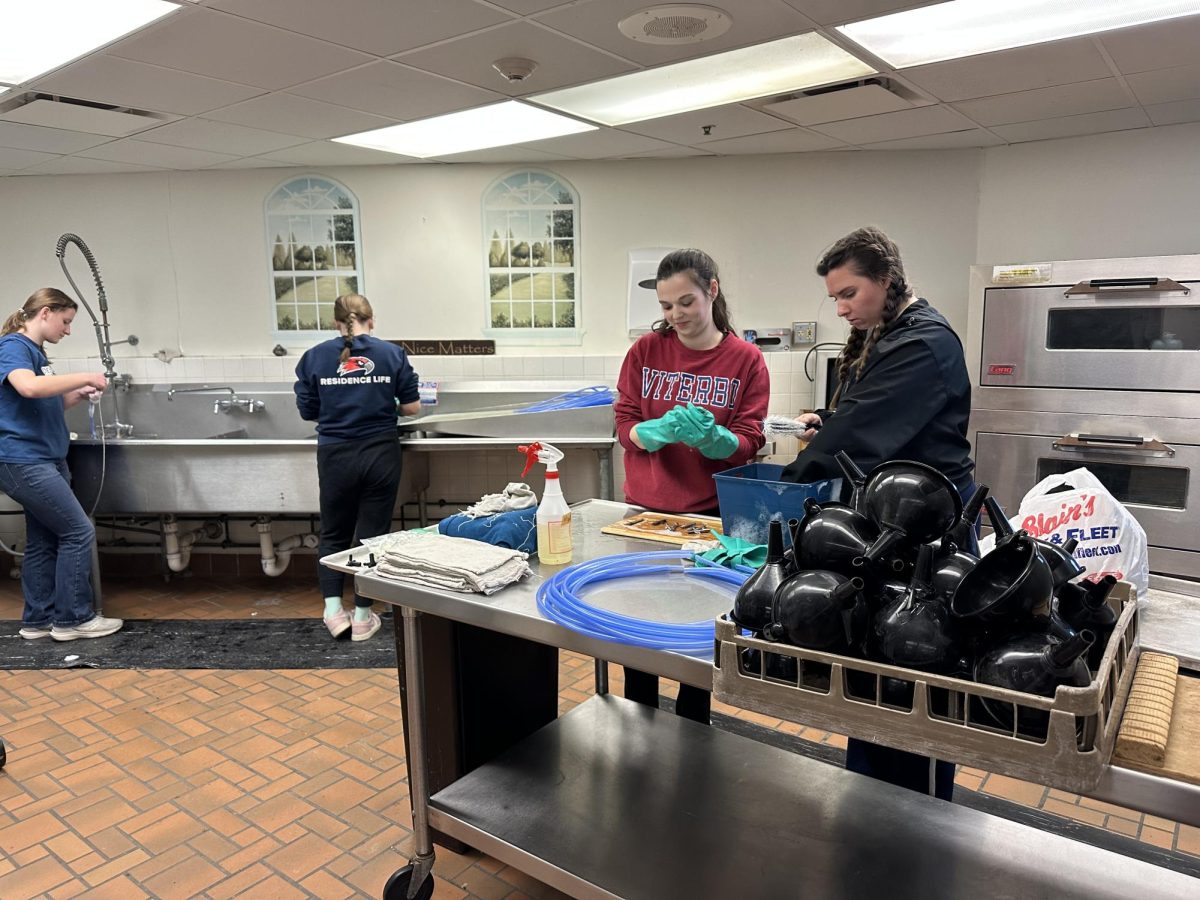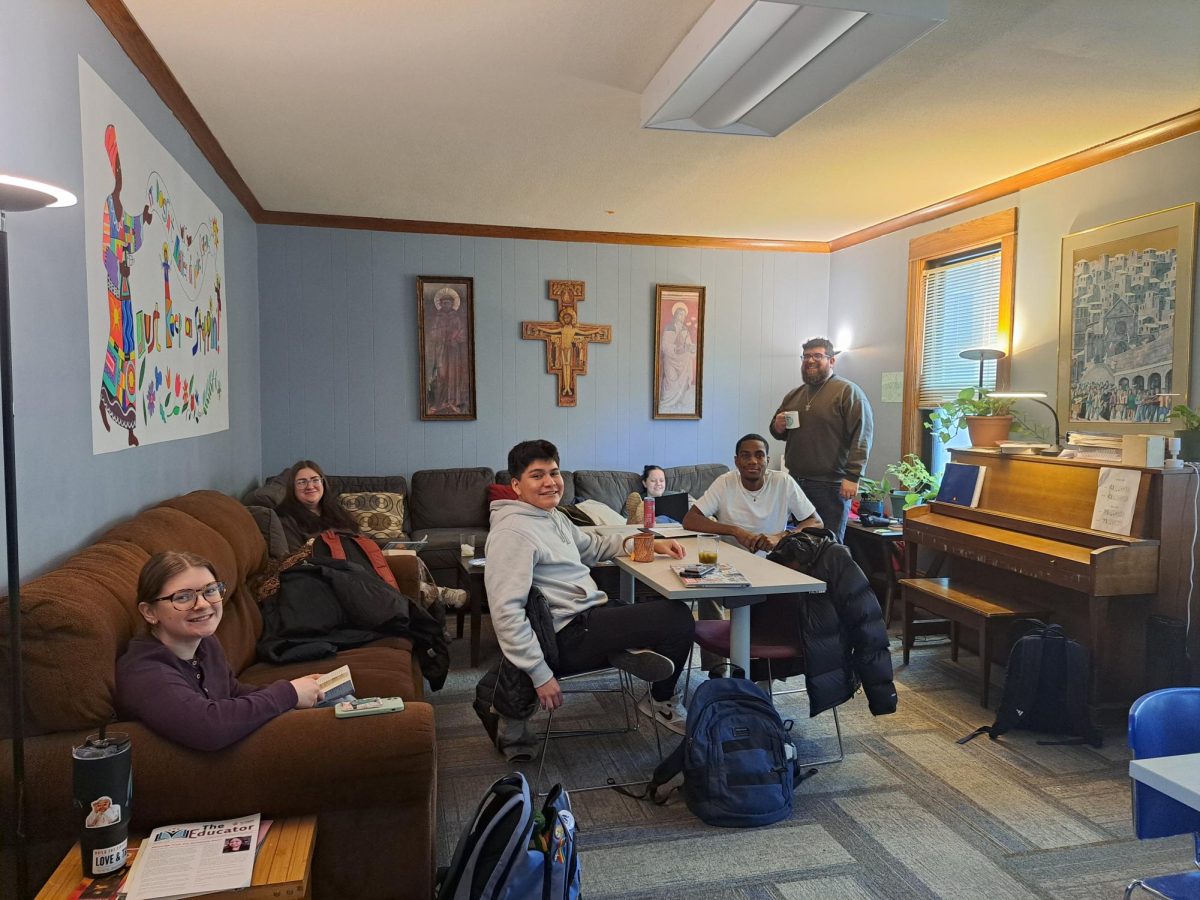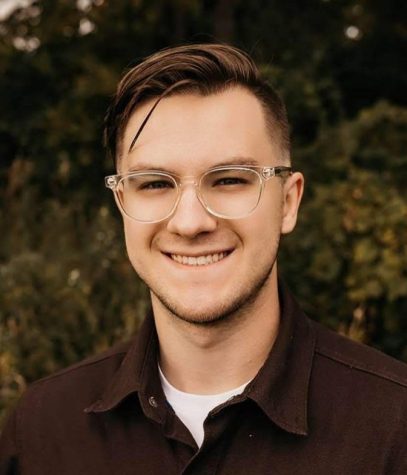As the semester enters its final week, many students consider it crunch time. Maintaining positive mental health can be difficult for students while having to study, finish projects, and take exams. Director of Counseling Services Justin McKnight helps Counseling Services be an outlet for students throughout the semester, especially during finals time. He works with students and collaborates with faculty to further support students’ mental health.
Mental health isn’t a field where one solution works for everyone. Many times, individuals need assistance in ways that are specific to their needs. With new students every year, Counseling Services must find ways to meet those needs: “We try to be flexible and accommodating. As we evolve with the services that we offer, and how we how we approach students, I think it’s incumbent upon us to be sensitive to the different challenges that are facing students outside of university, maybe, culturally, politically the kind of influences that they have through social media, the inundation of messaging and marketing,” says McKnight.
Director McKnight prioritizes collaboration. He explains, “Being as part of a team here, we have to communicate with one another to identify trends and be responsive. We can’t just keep plowing through and doing the same thing that we always do.”
Despite the evolving needs and changing challenges present in society, some are consistent. “As much as students’ needs change, there are some things that remain pretty consistent throughout, for example, people that are getting ready to graduate often have questions about what’s next. I graduated from college 20 years ago, and I remember having those same questions, concerns,” McKnight says.
The focal point of Counseling Services is to help students, but counselors have to take care of themselves as well. When McKnight first stepped into the director position he noticed, “The numbers were really high with service indicators and that concerned me to a degree. Counselor burnout is the last thing that we want, and what’s going to burn people out is seeing high numbers of people without a break and doing the same thing over and over and over again.”
Preventing burnout was a challenge McKnight sought to tackle. He said that one avenue he pursued was establishing new connections with faculty. “If we all share the responsibility of communicating when we see students struggling, that’s going to be better for all of us. A lot of faculty have really taken to that,” McKnight says.
Even for students experiencing burnout towards the end of the semester isn’t unusual. Making incremental progress on everything can feel like no progress because of the immediacy that social media and technology presents. Mental health can feel similar. “Positive change is a slow progression, and it’s not always linear. Appreciate that life has its own pace, and you are not the one that can dictate it all the time,” says McKnight.




